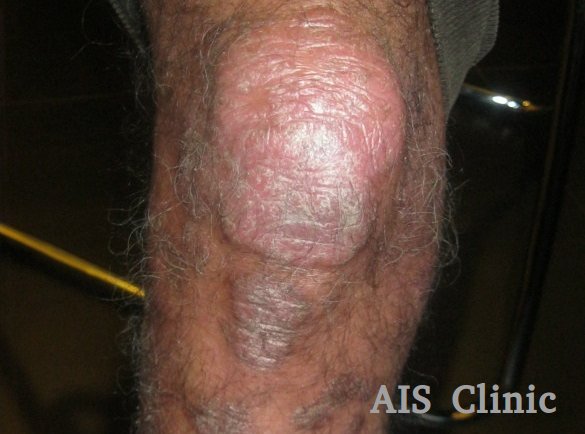

Psoriasis is a common autoimmune skin disease. It affects nearly 3% of world’s population. And yet, despite its prevalence, it remains somewhat a mystery to much of the population. There are many misconceptions, myths about psoriasis which needs to be debunked, awareness needs to be raised and the people with psoriasis must be given the attention and consideration they deserve.
Psoriasis is not gender specific and can begin at any age. Men, women, children and even new born babies suffer from psoriasis. Psoriasis skin scales, cracks and bleeds. Many undergo a constant physical and mental agony when the patches appear on their bodies. Some fight with disabling form of arthritis. Many do not get support from family and friends and some have to bear the impact of public rejection.
So, what is Psoriasis?
It is a chronic, relapsing, immune-mediated inflammatory disease of the skin and joints. And mind you! It is not a cosmetic problem.
Psoriasis is not contagious. You cannot get psoriasis from touching someone who has psoriasis.
What causes psoriasis?
The turnover of normal skin cells in our body takes place in about 28 days. In psoriasis, the skin cells abnormally multiply in only about 3-7 days which leads to excessive shedding of scales. There are several causes attributed for psoriasis, autoimmunity being one of the primary causes.
Psoriasis can run in families. Certain factors like cold weather, sun burns, stress, infections, and injury to the skin, certain drugs, smoking and excessive consumption of alcohol may serve as triggers for the inherited defect in the immune system.
There are no special medical tests to diagnose psoriasis. A doctor makes diagnosis by examining the skin. The affected skin usually appears red, raised patches with a build-up of thick silvery-white scales. There is often itching, discomfort and pain associated with psoriasis.
Is there a cure for psoriasis?
Psoriasis often needs a long-term treatment. It is very important to control the symptoms and manage the complications of psoriasis.
It is a chronic, debilitating condition of joints. Psoriatic Arthritis appears much like Rheumatoid Arthritis. It can involve few or many joints such as knee, hip, ankle, wrist etc.. Up to 30% of patients with Psoriasis develop psoriatic arthritis.
A growing number of studies have found that patients suffering with psoriasis are at increased risk of being overweight or obese and more likely to develop arthritis, diabetes and heart disease.
The best way to ease severe flare-ups of psoriasis is by understanding and getting educated about psoriasis and its treatment plans. Managing psoriasis is like the four legs of a table. For it to be controlled and effectively managed, diet, exercise and medication must all be in balance.
Homeopathy has emerged as a dominant option in psoriasis treatment. Research-based evidences speak of the success of homeopathy in treating psoriasis. A study published in the Journal of the European Academy of Dermatology and Venereology, a medical Journal, showed that psoriasis patients experienced significant improvement in their quality of life and reduction in their psoriasis symptoms with Homeopathy.
Homeopathy confidently treats psoriasis without any adverse effects. The complications are minimized using Homeopathy. The medicines correct the deviated immune response and reduce the skin inflammation. Early treatment in psoriatic arthritis can ease joint pains and prevent joint damage.
Adequate management of psoriasis needs ecosystem of care. To maintain and control psoriasis symptoms, medical review and psoriasis education needs to be done at periodic intervals. The financial burden of treatment and lack of proper education results in suboptimal treatment and suboptimal outcomes.
The fact remains that people with psoriasis can live long and healthy lives with proper psoriasis education and appropriate medical care.
